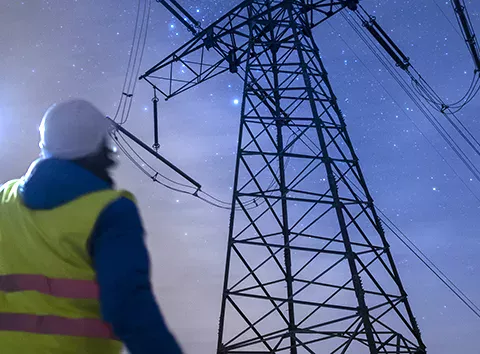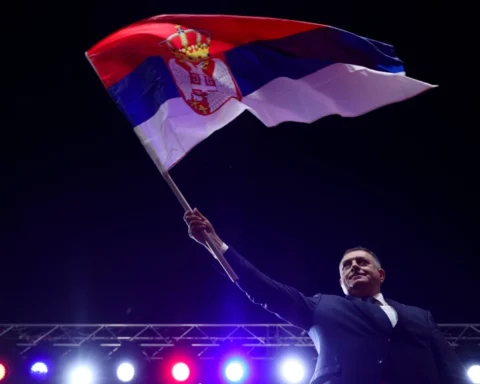The funds will be available for investments in high-performance green technologies, materials and solutions in privately owned residential dwellings and buildings. On successful completion of the projects, borrowers will be eligible for up to 20 per cent cashback, funded by the European Union.
In addition, the EBRD is providing a €20 million unfunded risk-sharing facility to Sparkasse Bank, through which it will guarantee up to 50 per cent of the lender’s existing and new corporate exposure, thereby reducing the risk weighting and capital requirements on those loans. By freeing up funds, the facility will increase Sparkasse’s capacity to finance additional green economy projects.
Some €2 million of the GEFF II package has been allocated to Ohridska Banka, which merged with Sparkasse Bank Makedonija AD Skopje.
Andi Aranitasi, Head of the EBRD office in Skopje, said: “We look forward to working with Sparkasse Bank in its new form. It is a proven partner of the EBRD, with an excellent track record of delivery, and we expect to continue this excellent cooperation and our mutual efforts to increase our positive impact in the country. We will continue to support investments that contribute to the green transition. With the signing of this first risk-sharing facility in North Macedonia, we expect to provide a further boost to the country’s businesses by providing them with better access to finance, helping them recover from the coronavirus pandemic and improve their competitiveness.”
David Geer, Head of the EU Delegation in Skopje, said: “By making buildings more energy efficient we can contribute significantly to climate goals as well help households and businesses reduce their daily costs. The GEFF provides financial support for such investments as well as for the increased use of renewable energy. It forms part of the EU’s wider support for the implementation of climate change goals in the Western Balkans and recovery following the economic downturn caused by the Covid 19 pandemic.”
Gligor Bishev, General Manager, Sparkasse Bank Makedonija, added: “We recognise the advantages and benefits of financing projects to improve energy efficiency in North Macedonia and generate energy savings in the local market. Green loans for the promotion of energy efficiency combine benefits for households, suppliers of energy-efficient technologies and environmental protection, which is the focus of our corporate social responsibility strategy.”
The GEFF programme is a cornerstone of EBRD support for improving energy efficiency in the region. The programme, which covers Albania, Bosnia and Herzegovina, Kosovo, Montenegro, North Macedonia and Serbia, offers finance for green economy investments in the residential sector as well as for businesses that provide energy efficiency and renewable energy products and services to households. It was recently increased to €135 million in response to growing demand.
The GEFF is implemented under the Regional Energy Efficiency Programme for the Western Balkans, co-financed by grant resources from the European Union, the Western Balkan Investment Framework and the Austrian Federal Ministry of Finance. Donors provide critical support to GEFF projects that mitigate or build resilience to the effects of climate change and other environmental threats.
The EBRD’s Risk Sharing Framework (RSF) is one of the three core financing frameworks of the Bank’s Small Business Initiative, a programme dedicated to supporting and developing local private companies in the economies where it invests. The RSF is designed to allow the EBRD to share partner banks’ exposure to local enterprises through either funded or unfunded risk participation. Funded risk participation involves upfront lending, while this facility is provided on an unfunded basis, which makes it more similar to a guarantee.
The EBRD is a major institutional investor in North Macedonia. To date, it has invested more than €2.1 billion in 146 projects in the country. Supporting green energy is a priority for the Bank, as it addresses one of the country’s most pressing challenges.





